Karen Tay, Singapore's Smart Nation director, was recently in Washington D.C. to run a workshop for the World Bank on how to develop “smart cities." She says: “'Smart cities' is honestly a buzzword... when I get invited to speak, most people expect me to start with cool tech like AR, VR, AI, modeling and simulation, blockchain and the like. The fact is that cities are complex ecosystems with very established ways of operating. If we want to disrupt them with technology in a way that benefits the masses (i.e. not just the upper middle class), we need dedicated work from the ground-up, coupled with political commitment." Karen Tay's five tips for smart city efforts come from conversations and projects with smart city leaders around the world.



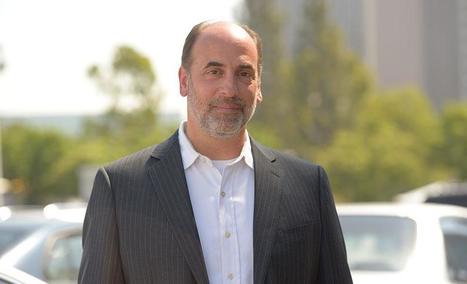


 Your new post is loading...
Your new post is loading...
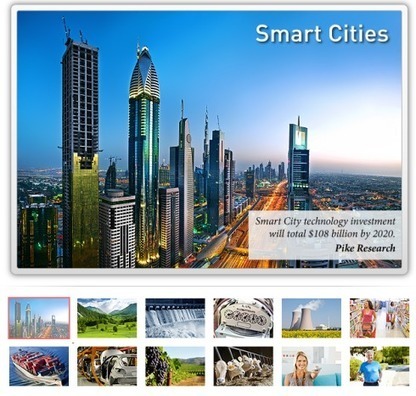



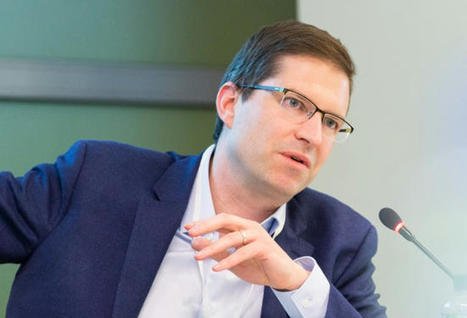
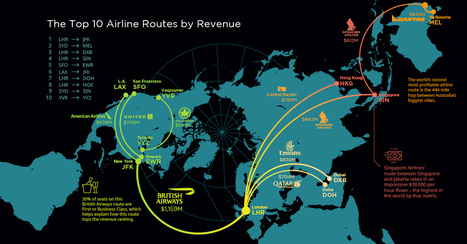


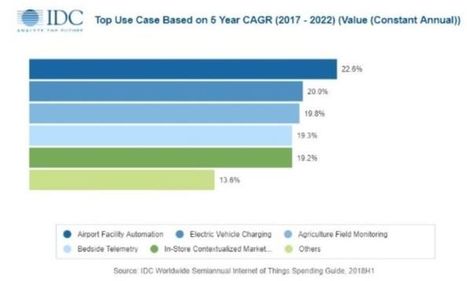
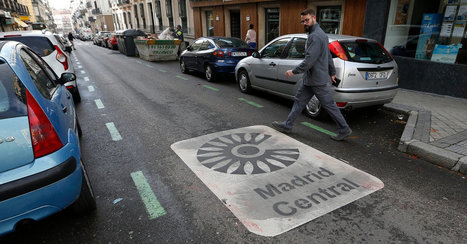





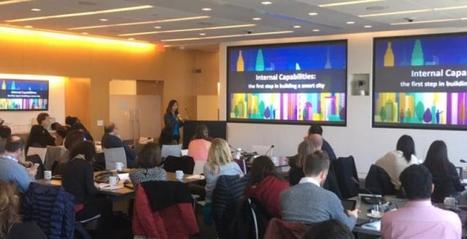




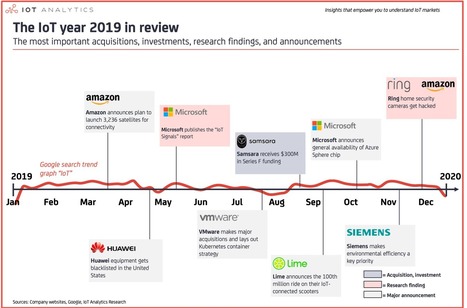
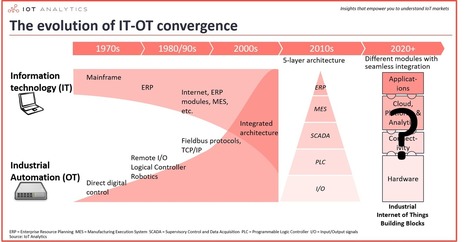

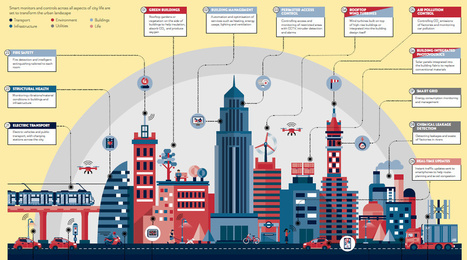


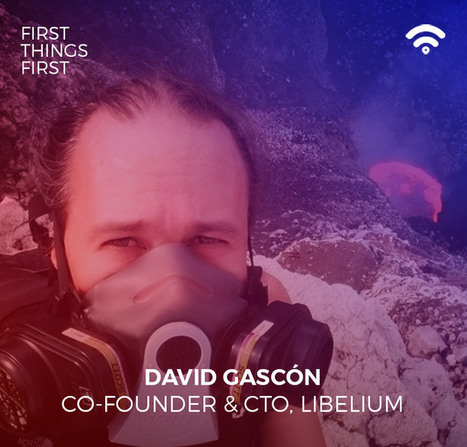











Joel Makower interviews Mark Paris in a runup to the VERGE City Summit Conference, talking together on the theme of partnerships and financing for what we call Smart Cities (green, sustainable, smart, resilient). We keep talking about the technology, and the risks: what about the money?
His take: Public-private partnerships and revenue-sharing models can help to defray risk to cities, as long as cities can come to terms with how much revenue/benefit they are willing to relinquish in exchange for risk reduction.
This is an interesting conversation.